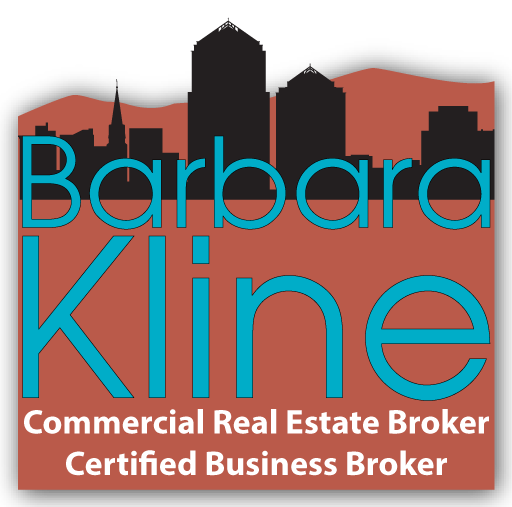Setting Expectations when Selling Your Business
 Often business owners wait until they are really ready to sell the business before beginning the sales process. This can lead to disappointment and frustration on a number of levels. Here are some considerations for making sure that you optimize your chances of a successful business sale.
Often business owners wait until they are really ready to sell the business before beginning the sales process. This can lead to disappointment and frustration on a number of levels. Here are some considerations for making sure that you optimize your chances of a successful business sale.
Make sure to include a realistic timeline when deciding when to put your business on the market
While It is possible to sell a business in 4-6 months, it is much more likely that going from initial business opportunity offering to successful conclusion of the sale will take 12 months or longer.
This may sound like a long time, but both industry statistics and personal experience indicate this is realistic. Even once a potential buyer decides to send a letter of intent to purchase, they aren’t likely to sign a contract right away. Typically you can expect the buyer and his consultants (attorney, financial advisor, etc.) to ask for documentation and do their own business, financial and legal calculations to confirm that what they expect is what they are getting—and that can take 30, 60, 90 days or more depending on the complexity of the business.
Since business brokers don’t get paid unless we make a sale (with the exception of when the seller changes his/her mind during the term of the contract), it is in your broker’s best interests to not let our clients’ business properties just sit on the shelf; we actively pursue qualified prospects and act to close deals as quickly as possible.
Have three years of good financials and a solid, repeatable business model in place before beginning the sale process
For a business to be saleable, the owner needs to demonstrate that there is enough cash flow from the business to allow  the new buyer to pay down the cost of financing the purchase while at the same time paying him/herself a living wage. There is the rare buyer who purchases based on emotion and doesn’t care about typical due diligence, but most buyers want a minimum of a three-year track record to demonstrate earnings capability. At least three years before your intended sale date, you want to start looking at free cash flow (what’s left after all business expenses including your salary are paid), at demonstrating that you are dispensable—that the business can run without your day-to-day presence, and that you can demonstrate steady growth—and growth potential. You may be able to sell a business without these pieces in place, but it will be at a deep discount.
the new buyer to pay down the cost of financing the purchase while at the same time paying him/herself a living wage. There is the rare buyer who purchases based on emotion and doesn’t care about typical due diligence, but most buyers want a minimum of a three-year track record to demonstrate earnings capability. At least three years before your intended sale date, you want to start looking at free cash flow (what’s left after all business expenses including your salary are paid), at demonstrating that you are dispensable—that the business can run without your day-to-day presence, and that you can demonstrate steady growth—and growth potential. You may be able to sell a business without these pieces in place, but it will be at a deep discount.
Plan to get out close to your peak
Some business owners wait too long before putting their business on the market. They have been seriously ill and the business has been sliding for years, they want to eke out a few more years of profitability if the business is growing rapidly and they decide to reap the rewards before selling, or perhaps they simply wake up one morning really tired and want out right away. I have had clients who represented all three of these categories and the results were heartbreaking.
Trying to run a business when your health isn’t up to it typically means that the value will decline rapidly, or the business will become unsaleable. If you encounter illness or other family catastrophes that will take you eye off the business ball for an extended amount of time, get management help early to avoid making a bad situation worse.
One team of successful businessmen were ready to start the sales process when a huge contract was presented to them. They decided to hold on for another year to reap the extra profits. Unfortunately, they missed a couple of points in the fine print and the deal went south. And so did their profits. They had to work for several more years to recoup the losses from the bad deal and grow the company back to where it had been when the initially decided to sell.
One client just got tired. Once the business was on the market, despite being briefed on the average time required to get a business deal closed, the owners were ready to retire. Instead of working to keep the business on track, they started taking shortcuts—reducing marketing expenses, curtailing the number of hours they spent on the job. The resulting drop in profits cut into the final sale price dramatically—and it didn’t have to happen.
I’m always happy to offer a 30-minute consultation with a businessperson at any stage of their business to help them develop a plan to successfully exit their business on their own terms. Email me at barbara@barbara-kline.com or call me at 505-720-6593 to set up an appointment.

Recent Comments